Losing a loved one is emotionally overwhelming and it can open the floodgates to a maze of legal questions and paperwork. If you’ve recently lost a spouse or are supporting someone who has, you may wonder: Do I need to open probate? What happens to retirement accounts? What about the house? Let’s walk through some of the most commonly-asked questions after a spouse or loved one passes:
Q: Do I need to open probate if I’m the beneficiary of retirement accounts?
A: If all your deceased spouse’s retirement accounts (such as IRAs, 401(k)s, pensions) name you as the 100% beneficiary, you do not need to open probate or be appointed as a personal representative just to access those assets. What you will need is a certified copy of the death certificate as this is your key to claim those benefits.
Often, the cremation service or mortuary can assist you in ordering death certificates. You can also order a death certificate online through the Colorado Department of Public Health & Environment website.
Q: I was my spouse’s conservator and/or guardian, what now?
A: If you were appointed by a court as your spouse’s conservator (managing finances) or guardian (managing health care decisions), you have additional steps to take, even after their passing.
The Colorado Judicial website provides checklists and forms to help close out conservatorships and guardianships.
Q: When and how do I notify insurance providers and financial institutions?
A: Organizations should be notified as soon as possible. Whether you have disability insurance, bank accounts, or employers to notify, the universal requirement is the death certificate, but there may be more needed so you should check with the specific organization.
The death certificate is the legal proof of death that institutions need before closing accounts or initiating payouts. Keep multiple copies of the certified death certificate, you’ll likely need more than one.
Q: What if the deceased was single and had no will?
A: In cases where someone who does not leave a spouse passes without a will (intestate), state intestacy laws dictate who inherits the estate. In Colorado,
- If the person had children: they inherit equally.
- If no children: the estate goes to living parents.
- If no parents: it goes to siblings.
- If siblings are deceased but had children: it passes to nieces and nephews, divided equally.
If you’d like more details, you can read the 2022 Updated Colorado Probate Code.
Q: Do I need something from the IRS to open an estate account?
A: Yes. To open an estate bank account, you’ll need an EIN (Employer Identification Number) from the IRS.
This is the estate’s version of a Social Security Number. It’s required for handling taxes, investments, or property sales under the estate’s name.
You can obtain an EIN:
- Through an attorney (with authorization)
- Directly from the IRS website – there is a specific area of the IRS website with information for executors
Q: Who distributes assets from a trust? The attorney?
A: No, not unless the attorney is also named as the trustee.
Distribution of trust assets is the responsibility of the trustee. This could be a family member, friend, or sometimes a professional fiduciary. Attorneys often create trusts but do not manage or distribute assets from them unless specifically appointed. Trustees have legal duties, including following the terms of the trust and adhering to the “Prudent Investor Rule”—they must act in the best interest of beneficiaries.
On our Resources page we have a webinar you can watch about the difference between wills and trusts, along with a helpful handout.
7. Is the house part of the estate?
It depends on how it’s titled.
- If the house is jointly owned, it typically passes directly to the surviving co-owner and does not go through probate.
- If the house is solely in the deceased’s name and not part of a trust or designated through a beneficiary deed, it is part of the estate and must go through probate.
- If the house is titled in a trust, and that trust is properly funded and recorded, it avoids probate.
Creating a trust is only part of the work, you also need to fund the trust by properly titling assets (like the house) in the name of the trust.
Final Thoughts
Estate and probate matters can seem overwhelming, especially during grief. But many steps, like handling retirement accounts or notifying insurers, can be managed with a clear checklist and a few key documents, especially the death certificate.
For legal complexities like closing conservatorships, or understanding trust distributions, consulting an attorney can save you time and potential mistakes. If you would like to get in touch about your situation, please call us on 720 457 4573 or email us to schedule an initial consultation at emma@rockymtnelderlaw.com.
If you would like more information, you can watch the recording of our webinar on this topic on YouTube.
